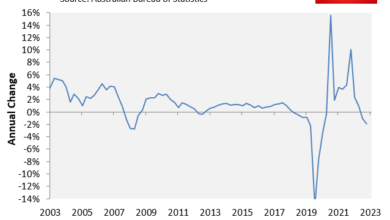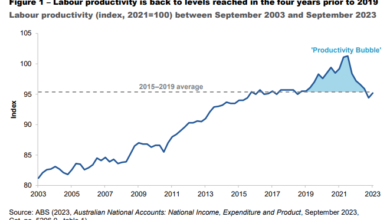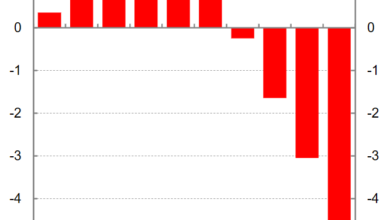Mariana Mazzucato’s mission economy is moonshine

Her message fell on receptive ears in a government looking for ideas for the $15 billion National Reconstruction Fund to boost Australia’s industrial capabilities and future jobs.
The only problem is that government is terrible, and always has been, at moonshot missions. And encouraging them to embark on such missions is a dangerously flawed idea.
The answer to this is obvious and well known. Government should not try to pick winners. It should let one thousand flowers bloom.
In broad terms, the most well known of all moonshot missions, the one to get humans on the moon, failed. Humans haven’t been able to get there for 50 years. NASA can’t even get a person into space any more. Until recently NASA had to pay Russia to do this for them.
The greatest advances in getting people in space in the last 50 years have come from a small private company by the name of SpaceX. This has dropped the cost to get into space more than twenty-fold and will, next year, put more tonnage into orbit than has ever been put there.
There are many government missions that have clearly failed miserably. Nixon’s War on Cancer didn’t solve cancer. Nor did the War on Drugs, or No Child Left Behind. But even some of the successes were failures in disguise.
Take the web. Multiple governments had missions to build the web. France had Minitel. The UK had Prestel. Both failed to escape bureaucratic tyranny. It took a bunch of physicists at CERN working on an unfunded skunk project to succeed. And then it wasn’t their mission to enable consumers to buy dog food on the Internet or stream the last blockbuster. This was pure serendipity.
Take another recent example. COVID-19. Governments around the world launched military style missions to fight the disease. And I hardly need remind you how many of those failed. Think of the billions of dollars wasted by governments worldwide in the procuring of PPE. If it wasn’t for the serendipity of medical researchers who had been working on mRNA vaccines for many years before, we might all still be locked down.
Or take my own field, artificial intelligence. It wasn’t some well-funded government mission that has created the AI boom we are experiencing today. This can be traced back to a bunch of academics such as Geoff Hinton, working on what were then-unfashionable neural networks, who received decades of support from an obscure Canadian funding agency. Again, it comes back to a lot of serendipity.
So if moonshot missions aren’t the answer, what is? How do we encourage this sort of positive serendipity? The answer to this is obvious and well known. Government should not try to pick winners. It should let one thousand flowers bloom
And where do we plant flowers? I’m biased, but there’s a lot of evidence that some of the best places are universities.
And funnily enough, when I sat through one of those expensive lunches listening to Mariana Mazzucato, she didn’t mention universities once. This was a bit ironic, I thought, for a university economist wanting to disrupt the mission of government.
Toby Walsh is laureate fellow and Scientia Professor of Artificial Intelligence at the department of Computer Science and Engineering at the University of NSW.





